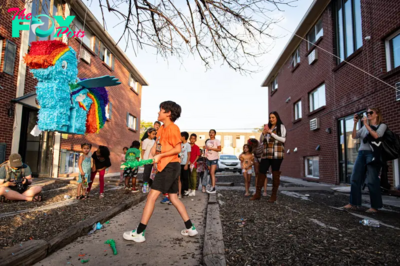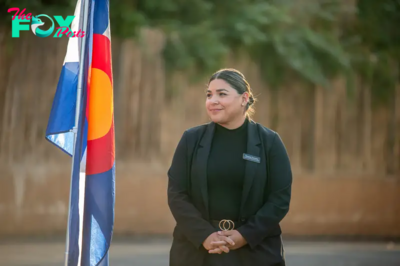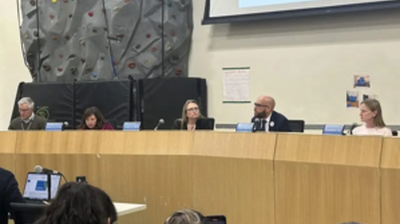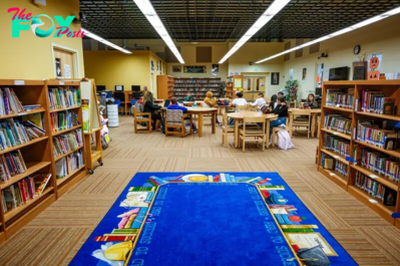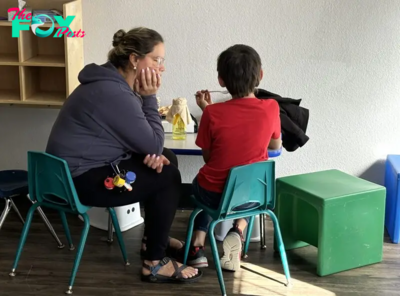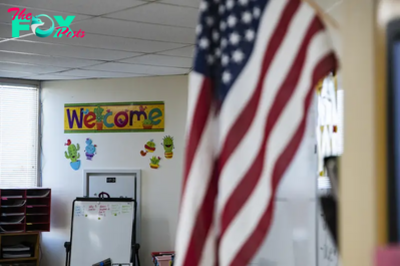Education
Colorado child care declines in quality, reliability as advocates sound alarm over private equity groups moving in
Eva Pietri was at work when she got a notification from Pathways Learning Academy in Boulder. The infant care program where her 6-month-old son had been enrolled for a little more than a week would be shut down for two weeks.
“We were like, ‘Oh my gosh, what are we going to do?’” said Pietri, who had spent months looking for child care and was now scrambling to find help, booking babysitters from online ads and waiting to hear from the school about when it would reopen. “It’s so stressful.”
The message, sent through Pathways’ parent portal, said the infant room closure would last two weeks and then it was extended by a month. Administrators never responded to Pietri, who eventually enrolled her son at a new day care.
It wasn’t the last surprise for Pietri, who like many parents was trying to navigate expensive and increasingly rare slots for quality day care. She also learned that Pathways, which operates day care and a preschool out of Grace Commons Church, just a few miles from their home in East Boulder, is owned by Learning Care Group, one of the largest private equity-backed child care groups in the company.
That was September 2022. Since then, Pathways has had five complaints filed against it with the Colorado Department of Early Childhood. It has been placed on probation by the state twice since January 2023, according to Colorado Shines, the state’s quality rating and improvement system. Complaints include allegations of inadequate staff training, failure to background check employees and having too few workers for the number of children in their care.
Understaffing, lower quality of care and general disinvestment are common under private equity ownership in all kinds of service industries. Now private equity is moving into child care, and industry watchdogs and early childhood education advocates are sounding the alarm.
Earlier this summer, The National Women’s Law Center, or NWLC, and Open Markets Institute, a nonprofit that lobbies against corporate monopolies, published a report on the risks of private equity investment in the child care sector and held a conference discussing the issue. Among their concerns are potential impacts on child safety and the stability of care.
“The question is whether an investor-backed business model — and in the case of private equity, a heavily financialized model focused on short-term profit — is the appropriate model for something that is a public good,” said Melissa Boteach, co-author of the report and vice president of child care and early learning at the NWLC.
“People need it”
The Bell Policy Center puts Colorado’s total licensed capacity for child care at 156,691 kids. There are 231,993 children under 6 whose parents are in the workforce, according to Bell Policy’s research. As Pietri’s experience and the prevalence of facility waitlists demonstrate, that gap in availability leaves access to reliable care tough to find.
The high demand for child care can be part of the appeal for investors, said Stephen Billings, a researcher at the University of Colorado’s Leeds School of Business.
“Private equity loves buying things with inelastic demand,” Billings said. “People need to have it, they’re willing to pay a lot for it. Child care is something people must have, or they’re not going to work.”
☀️ READ MORE
Struggles to place kids with disabilities in right preschools forces Colorado to change enrollment
The cost of universal pre-K in Colorado: Thousands of at-risk kids got less classroom time
In search of funding for child care, two Colorado regions pursue special taxing districts
About 7.5% of Colorado’s total licensed child care capacity is owned by private equity, according to an analysis by Elliot Haspel, a nationally recognized child and family policy expert and the author of “Crawling Behind: America’s Child Care Crisis and How to Fix It.”
“We are not seeing a flood into Colorado yet,” Haspel said. “It’s grown about 1% of market share since 2019.”
But steady growth in other states can be a portent of things to come, he said. “If places like New Mexico are any sort of forecast, as more state money becomes available, it will be more and more attractive for programs to want to come into Colorado.”
Bad for kids, bad for communities
Three large private equity owned child care groups — KinderCare, Bright Horizons and Learning Care Group — operate in Colorado, according to Boteach. Together, they own approximately 70 daycare or education facilities.
Industry watchdogs worry that further private equity investment will exacerbate an already untenable situation.
As NWLC and Open Markets noted in their report, “Families’ extreme need for child care, while in a shortage market, leaves them vulnerable to providers who maximize their prices.”
Based on a 2023 analysis featured in the Annie E. Casey Foundation’s Data Book report, Colorado is the fifth-most expensive state for child care, with an average annual cost of more than $1,300 per month. The average annual cost of center-based child care for a toddler is 14% of the median income for a married couple and 41% of the median income for a single mother in Colorado.
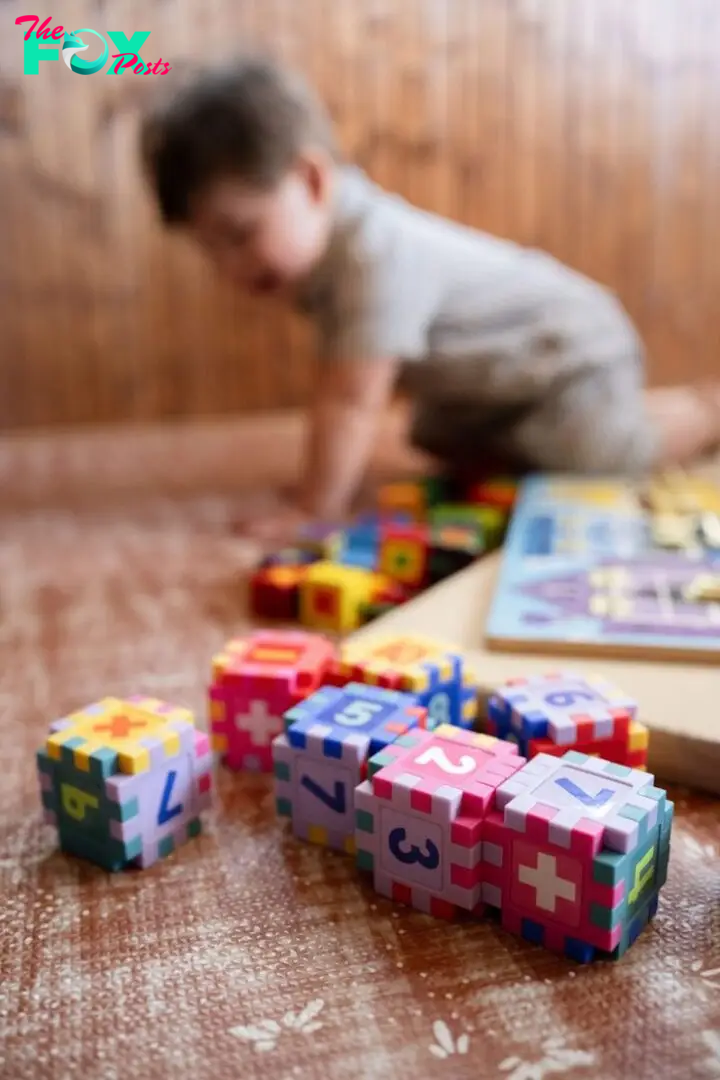
“We don’t have enough child care,” Haspel said. “It’s not widely available and affordable. That’s bad for kids, it’s bad for families, it’s bad for communities, it’s bad for, ultimately, the economy in the state.”
-

 Education2d ago
Education2d agoPhiladelphia students have a new reading and writing curriculum − a literacy expert explains what’s changing
-

 Education2d ago
Education2d agoWhy school police officers may not be the most effective way to prevent violence
-

 Education5d ago
Education5d agoCampus diversity is becoming difficult to measure as students keep their race and ethnicity hidden on college applications
-

 Education6d ago
Education6d agoFederal judge rules that Louisiana shalt not require public schools to post the Ten Commandments
-
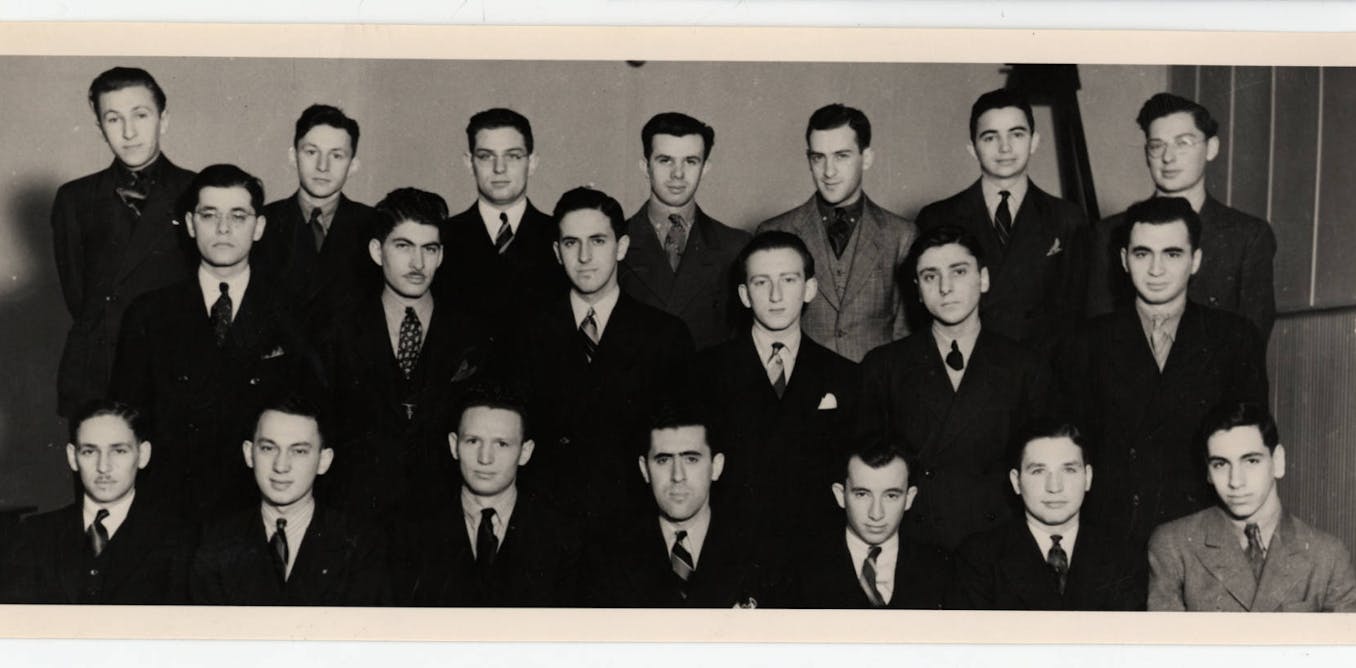
 Education6d ago
Education6d agoCampuses are ground zero in debates about antisemitism − but that’s been true for 100 years
-

 Education1w ago
Education1w agoSocioeconomic status explains most of the racial and ethnic achievement gaps in elementary school
-

 Education1w ago
Education1w agoMothers, metaphors and dyslexia: What language reveals about the challenges of a child’s learning disability
-

 Education1w ago
Education1w agoBrain-training games remain unproven, but research shows what sorts of activities do benefit cognitive functioning
